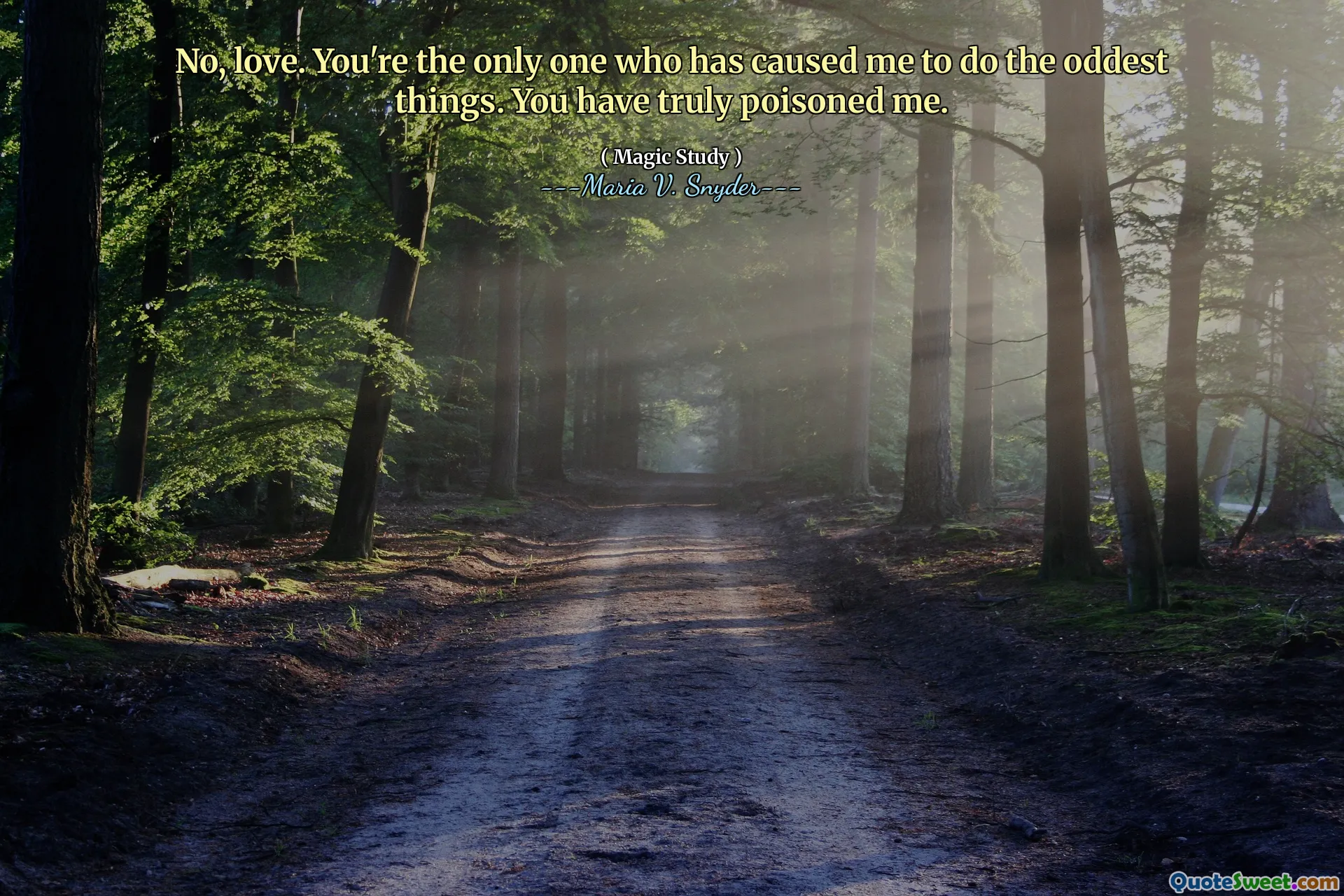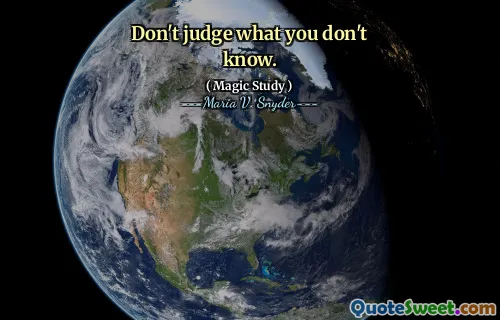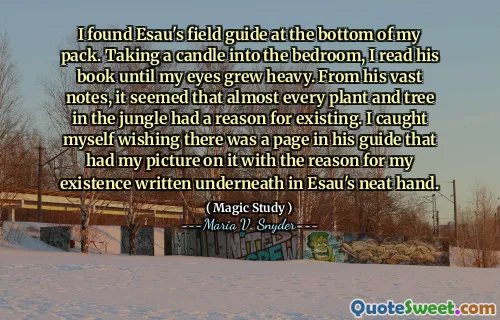
No, love. You're the only one who has caused me to do the oddest things. You have truly poisoned me.
This quote explores the profound and sometimes tumultuous impact that love can have on an individual. The speaker acknowledges a deep emotional influence, suggesting that love has led them to behave in ways they might not typically consider. The metaphor of being poisoned conveys a sense of being both affected and fundamentally changed, perhaps irresistibly drawn into actions driven by passion or obsession. Such a sentiment highlights the dual nature of love—its ability to elevate as well as to destabilize. From one perspective, love is a beautiful force that empowers individuals to grow and connect deeply; from another, it can seem dangerous, intoxicating, and even destructive if it leads to irrational or harmful behavior. The phrase 'caused me to do the oddest things' reflects the profound influence that emotional bonds can exert, sometimes pushing boundaries or making someone act out of character. The notion that love can be a kind of poison underscores the potential for love to unsettle the mind and heart, entangling people in a tangled web of desire, vulnerability, and obsession. It suggests an acknowledgment that love is complex—both beautiful and perilous—and that its effects might linger long after the initial feelings have faded. This reflection resonates with many experiences where love has transformed individuals in unexpected and sometimes unsettling ways, reminding us of the depth and power of human emotion as central to the human condition, as explored in stories such as 'Magic Study,' where the intertwining of love, power, and personal change is a recurring theme.









